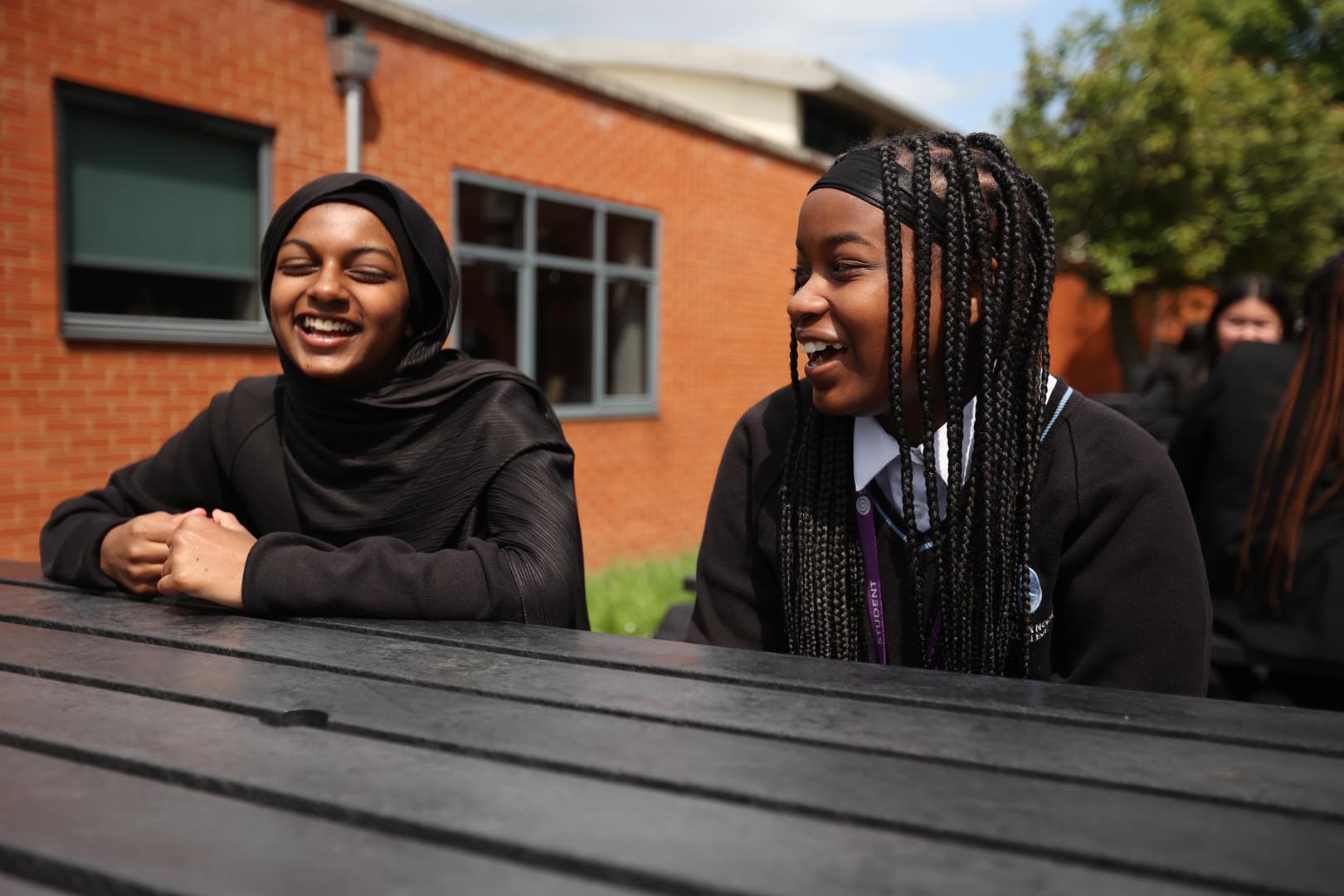
Religious Education
RELIGIOUS STUDIES (GCSE)
The Religious Studies curriculum aims to develop a passion for learning, including the study of philosophical, ethical, religious and non-religious worldviews. Students are empowered to discover, explore and consider different answers to these questions through an open, enquiring and exploratory RS curriculum.
Students will be taught to think critically, so they can leave the school as critical world citizens who do not take all things at face value; this is particularly pertinent with social media and the distribution of ‘fake news’. We also aim for students to identify their own worldviews and moral codes, be those religious or non-religious and help them approach life choices with confidence.
EXAMINATION BOARD – WJEC Eduqas GCSE (9-1) in Religious Studies Route A
SPECIFICATION CODE -
Component 1- C125U10
Component 2- C125U20
Component 3- C125U50
CURRICULUM CONTENT
- Issues of relationships:
Family relationships, sexual relationships, marriage, changes in relationships and issues of equality
- Issues of life after death:
The world, the value of life, beliefs about death and the afterlife, issues about sanctity and quality of life and medical ethics
- Issues of good and evil:
Good, evil, suffering, crime and punishment and forgiveness
- Issues of human rights:
Human rights, racial prejudice and discrimination, issues of wealth and poverty, issues of social justice and religion in the twenty-first century Britain
- Beliefs and teachings: the nature of God, Creation, Jesus Christ, Salvation, the afterlife
- Practices: Forms of worship, Sacraments, Pilgrimage, The Church in the local community, the worldwide Church
- Beliefs and teachings: Sunni and Shi’a, Six Articles of Faith, Five Roots of Islam, Nature of Allah, Prophethood, Malaikah, Akhirah and Al Qadr
- Practices: The Five Pillars of Islam, the Ten Obligatory Acts, Mosque, Festivals, Lesser and Greater Jihad
ASSESSMENT
Component 1:
Religious, Philosophical and Ethical Studies in the Modern World: 50% of qualification
Component 2:
Study of Christianity: 25% of qualification
Component 3:
Study of Islam: 25% of qualification
EXTRA-CURRICULAR OPPORTUNITIES
In Religious Studies at GCSE level, students have an array of extracurricular opportunities. These include immersive visits to places of worship, engaging discussions with religious leaders, trips to the National Holocaust Centre, and captivating talks from Holocaust survivors. Additionally, students explore diverse belief systems through discussions with members of the Humanist Society and participate in debates on ethical viewpoints, welcoming various religious and non-religious speakers. Moreover, the curriculum incorporates insightful discussions with local prison representatives to delve into topics surrounding the justice system.
PROGRESSION
On completion of a GCSE in Religious Studies, students could progress to further education. Courses at Level 3 include: Philosophy and Ethics A Level, or any other Humanities, Psychology or Sociology A Level. If they choose to look for an apprenticeship they will have an excellent qualification that is studied by all students, therefore, employers will have a good understanding of the students ability to understand other people and evaluate differing situations.
Our department encourages students to think critically, listen empathetically and write in a clear and concise manner- all skills that will be of value no matter what students go on to do in life.

